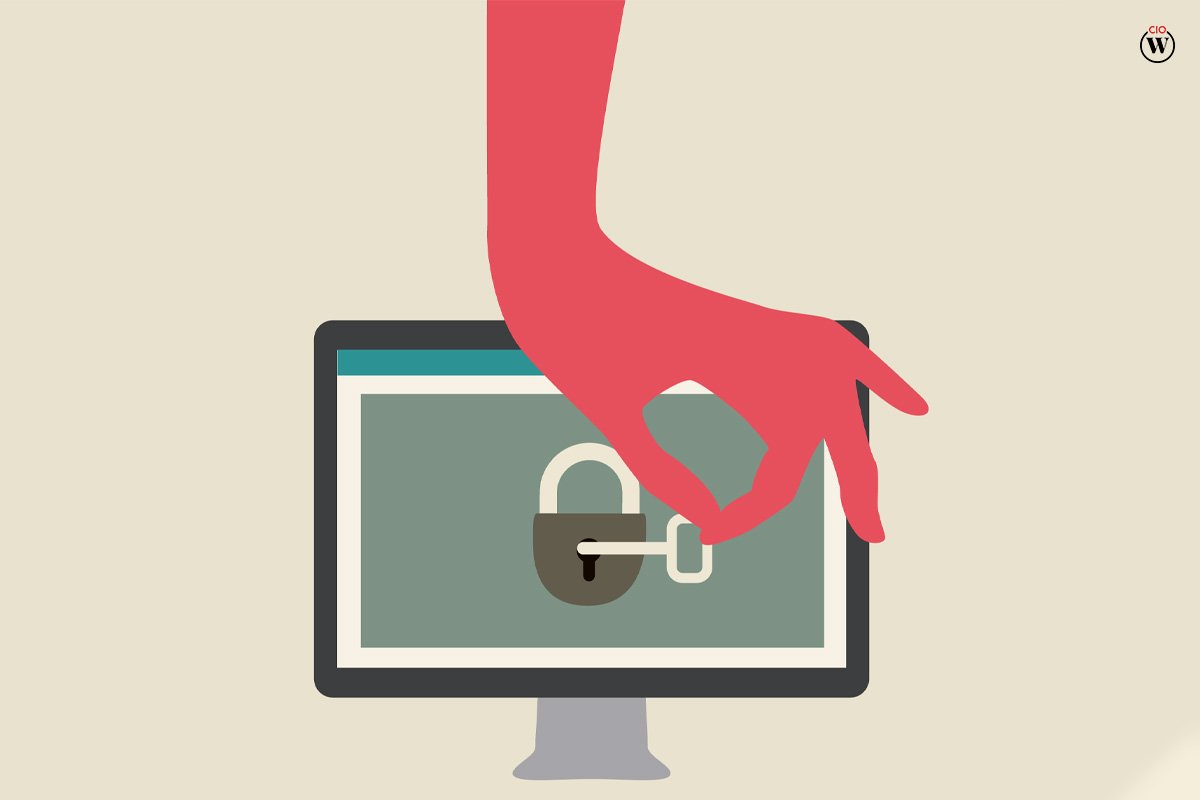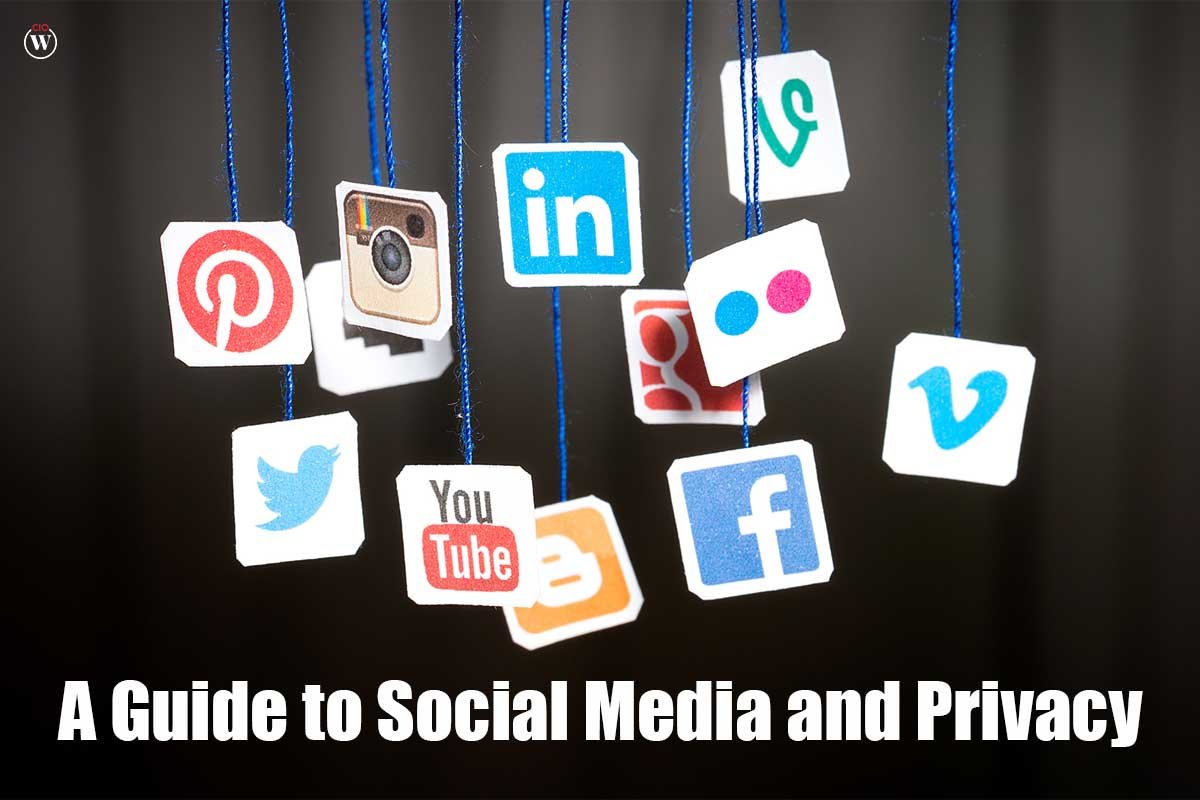Social media is one of the most prevalent and powerful tools for current marketing techniques. Businesses may now communicate with their customers in previously unthinkable ways because of technological advancements. This kind of influence, however, comes at a cost. The increased usage of social media has also increased the number of tools for monitoring users’ activity. This post will go through some of the most common ways that Social Media and Privacy give solutions to mitigate these consequences.
What are the most prevalent social media privacy concerns?
Recognizing the dangers and advantages of social networking.
Taking control of Social Media and Privacy settings on social networking networks.
Personal data security online.
Managing internet abuse and trolling.
Utilizing social media for commercial reasons ethically.
How to Protect Your Social Media and Privacy;
If you use social media, it is critical that you protect your privacy. Here are a few ideas:
Create a new account for your personal usage to keep your personal information separate from your professional and academic accounts.
Avoid posting social media content that might be used to hunt you down. Keep sensitive information confidential, such as your address and phone number.
Never post anything online that might be seen as derogatory or humiliating, either for yourself or someone else.
You should use care while posting material on social media. Instead of utilizing publicly available networks such as Twitter and Instagram to transmit sensitive material, consider using a protected account (such as Facebook Messenger).
What are some of the most essential Social Media and Privacy laws?

Social media has become an essential component of contemporary communication. It enables users to communicate with their friends and family as well as share their opinions and experiences online. Yet, social media may also be used to obtain personal information.
Social Media and Privacy regulations safeguard users’ personal information. Social media sites are generally obligated to declare how they acquire, utilize, and share user data. Moreover, when collecting or sharing user data from inside a certain region or jurisdiction, social media companies must comply with any local privacy rules.
To secure their data, users should be informed of their Social Media and Privacy regulations. For example, Facebook adheres to the European Union Data Protection Regulation (GDPR), but Twitter adheres to the US Federal Trade Commission’s online privacy standards. Users should also exercise caution when providing personal information on public forums such as Reddit or 4chan; these websites lack specific privacy rules but may nonetheless capture sensitive information without authorization if users submit unencrypted passwords or other personally identifiable information.
The Global Data Protection Regulation for Social Media and Privacy (GDPR) (GDPR)
All enterprises with EU or national clients are obligated by the General Data Protection Regulation (GDPR) to take precautions to secure their customers’ personal data. These stages include developing a data protection plan, naming a data protection officer, and putting risk management procedures in place.
Companies that handle the personal data of EU or national consumers must also follow GDPR standards for getting express permission from people before collecting, processing or disclosing their data. They must also declare the nature of the processing and the knowledge that personal data will be collected from people. Companies must also guarantee that people have the right to view their personal data, request that wrong data be corrected, and exercise their right to be forgotten.

The GDPR sets severe penalties for infractions of its rules, including fines of up to 4% of an organization’s worldwide annual sales or €20 million (whichever is larger).
How can you comply with social media privacy rules more effectively?
Social media has become an essential component of many people’s life. Whether you’re a busy mom who shares images of her kids to brag, a college student who uses Facebook to stay in contact with pals, or a business person who uses LinkedIn to network, it’s critical to understand your social media privacy settings.
Here are some tips to help you comply with Social Media and Privacy laws:
1. Make sure your social media profiles are personal and not corporate-sponsored.
If your account is tied to your firm, ensure that your privacy settings are reviewed and changed so that only authorized personnel may access your postings.
2. Block public comments on all postings except the most crucial.
This will prevent outsiders from making bad comments about your company or blog content.
3. Employ a different email address for each social networking site
Employ a different email address for each social networking site, and never put your genuine email address out online. This will prevent unauthorized third parties from accessing your personal information.
4. Check the privacy rules of each website you visit
Check the privacy rules of each website you visit and make any necessary changes to your settings. Several websites provide options that enable you to choose how information is shared, such as posts, photographs, and even location data (such as latitude and longitude).
5. Monitor whether postings on social media are being extensively shared by others and remove them if they include private or sensitive information that you do not want generally visible.
Make a social media community that is accessible and engaging.
It may be a lot of fun for you and your target audience to create a welcoming and active online community. Begin your project by following these guidelines:

Determine your objectives for your social media organization. What are your ultimate objectives? Is your objective to improve your company’s visibility, internet visits, or new business prospects? If the needs of the community are crucial to your company’s success, prioritize them.
Get in touch with your target audience on a regular basis. Start a dialogue, give useful information, and answer questions. You will get your supporters’ respect and appreciation if you do so.
It is critical that your online privacy be protected. While establishing your account, be sure to use suitable security precautions such as a secure password, antivirus software, and a firewall. Think carefully about who and what information you disclose online.
Utilize social media to achieve your advertising goals. Provide relevant links, hashtags, and videos to increase the exposure of your work.









